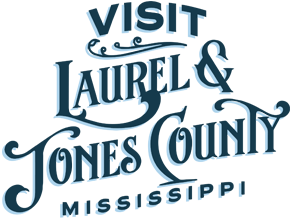Ralph Harold Boston (born May 9, 1939) is a retired American track athlete. An all around competitor, he is best remembered for the long jump, in which he was the first person to break the 27 feet (8.2 m) barrier.
Boston was born in Laurel, Mississippi. As a student at Tennessee State University, he won the 1960 National Collegiate Athletic Association title in the long jump. In August of the same year, he broke the world record in the event, held by Jesse Owens for 25 years. Already the world record holder, he improved the mark past 27 feet, jumping 27′ 1/2″ at the Modesto Relays on May 27, 1961.[2]
He qualified for the Summer Olympics in Rome, where he took the gold medal in the long jump, setting the Olympic recordat 8.12 m (26 ft 71⁄2 in), while narrowly defeating American teammate Bo Roberson by a mere centimeter.[1]
Between the Olympic Games, Boston won the Amateur Athletic Union (AAU) national championship in the long jump in 1961, 1962, 1963, and 1964. He also had the longest triple jump for an American in 1963. He returned to the Tokyo Olympics as the world record holder after losing the record to Igor Ter-Ovanesyan, then regaining the record a couple of months before the games. In the Olympic final, Boston exchanged the lead with Ter-Ovanesyan. Going into the fifth round, Boston was leading but fouled while both Lynn Davies and Ter-Ovanesyan jumped past him. On his final jump, he was able to jump past Ter-Ovanesyan, but could not catch Davies and ended winning the silver medal.[1]
Although Boston lost the world record again to Ter-Ovanesyan, the national title and the #1 ranking in 1968, he continued to compete. When rival Bob Beamon was suspended from the University of Texas at El Paso, for refusing to compete against Brigham Young University, alleging it had racist policies Boston began to coach him unofficially.[3] At the 1968 Olympics, Boston watched his pupil destroy the world record by jumping 8.90 m (29′ 2 1/2″). Boston was then 29 years old. He won a bronze medal behind Beamon and Klaus Beer and retired from competitions shortly thereafter.[1] He moved to Knoxville, Tennessee, and worked for the University of Tennessee as Coordinator of Minority Affairs and Assistant Dean of Students from 1968 to 1975.[4] He was the field event reporter for the CBS Sports Spectacular coverage of domestic track and field events. He was inducted into the USA Track and Field Hall of Fame in 1974 and into the U.S. Olympic Hall of Fame in 1985.[5]
A Los Angeles Times article on Boston from August 2, 2010, coinciding roughly with the 50th anniversary of his initial world record, described him as a divorced great-grandfather who is writing an autobiography. He divides his time between Atlanta, Georgia and Knoxville.[6]





